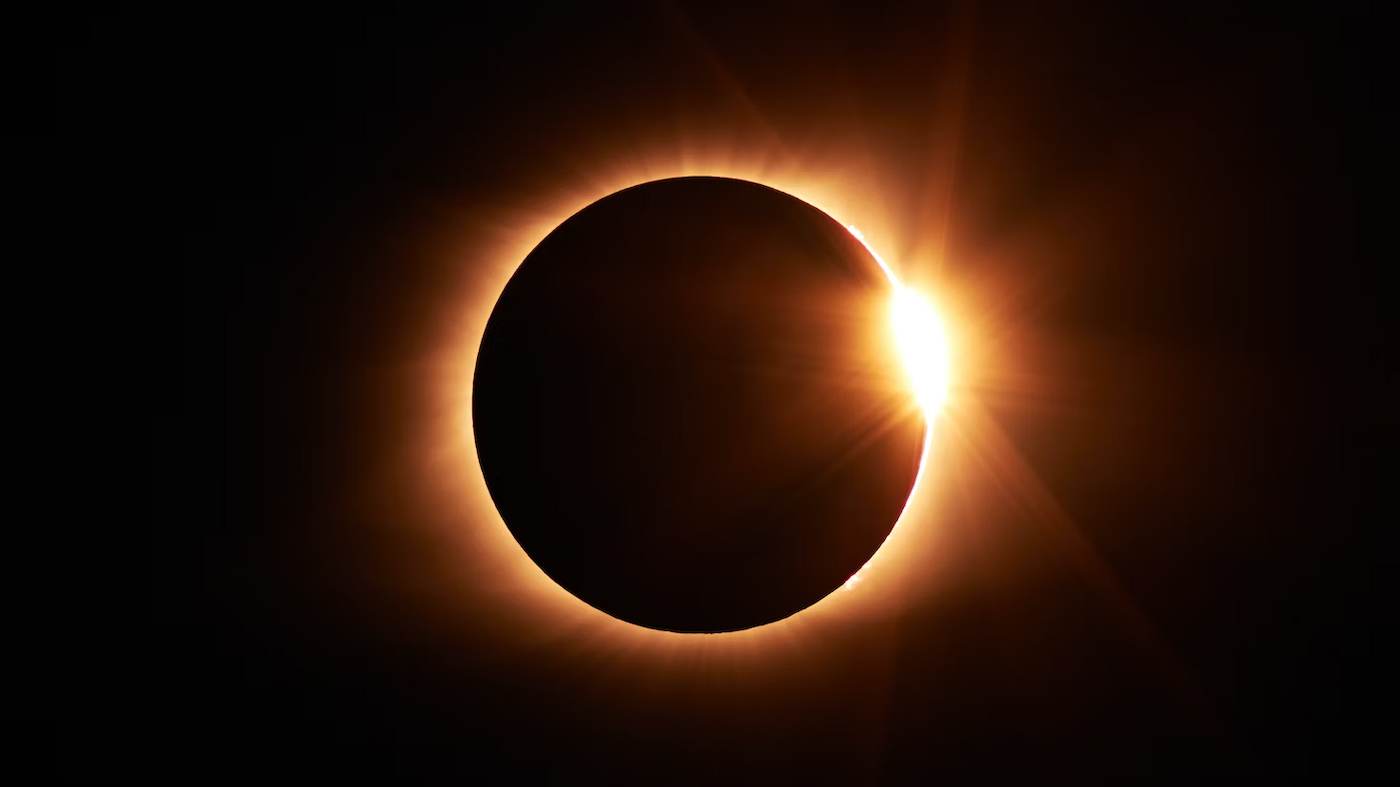
The Orange Coast College Planetarium invites members of the public to experience an annular solar eclipse via the College's solar telescopes on Saturday, Oct. 14.
The annular or "ring of fire" solar eclipse will cross North, Central, and South America and be visible to millions in the Western Hemisphere. This is the last annular solar eclipse that will be visible from the United States until June 21, 2039.
During the viewing event, solar telescopes will be available for guests to observe the eclipse up close safely, and eclipse glasses will be available for purchase. During an annular eclipse, looking directly at the sun without specialized eye protection designed for solar viewing is never safe.
Faculty and OCC's Astronomy Department students will be available to provide insights and answer any questions about this extraordinary celestial event.
OCC's event will take place in the OCC Planetarium, with solar telescopes in Lot E and the new telescope farm near the Planetarium. Guests are welcome to arrive at 8 a.m. to witness the peak of the annular solar eclipse from 9:15–9:25 a.m. Though guests will not be able to see the totality from OCC, they will have the opportunity to observe a significant portion of the eclipse. The moon will cover approximately 77% of the sun’s diameter, creating a remarkable sight in the sky. The event will conclude at noon.
Throughout the event, guests can view a special presentation in the dome theater of the Planetarium.
The on-campus Starbucks will be open during the Solar Eclipse Viewing Event.
Parking for the event is free. Recommended parking is available in Lot E, with overflow parking in Lot D behind Starbucks.
RSVP for the Solar Eclipse Viewing Event at OCC's University Tickets website.
The OCC Planetarium expects to host another viewing event for the next total solar eclipse on April 8, 2024.
For questions, contact planetarium@cccd.edu or call 714-714-7430

